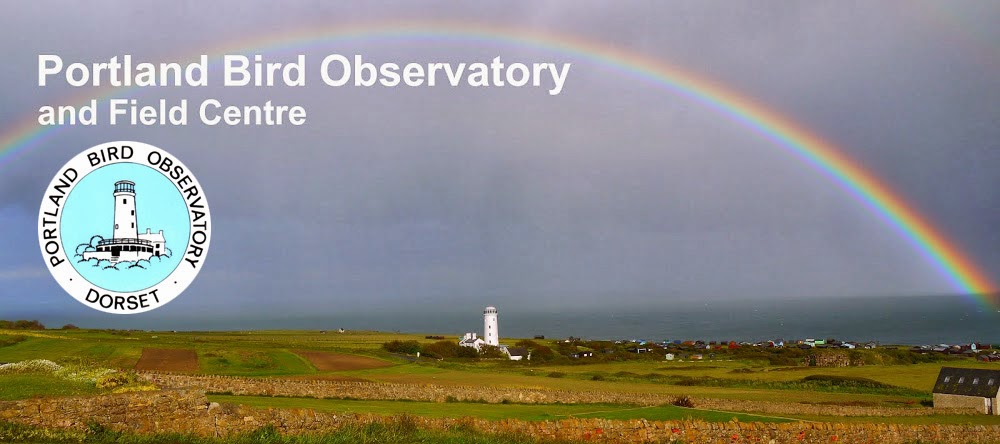On an absolute scorcher of a day it was the invertebrates that stole the show with plenty for the lepidopterists to sink their teeth into. On the birding front even the sea was quiet and it was down to Ferrybridge to boost the species totals with Black-tailed Godwit, two Whimbrels, five Dunlin, 54 Mediterranean Gulls and an Arctic Skua.
On the invertebrate front there was both a second for Portland and a first for Dorset on the island as well as a Large Tortoiseshell at the obs. The second Marbled Clover for the island was in a garden in Southwell with the first record on 30th July 1983 and the first Dusky Peacock for Dorset was trapped in Wakeham.
The Large Tortoiseshell at the obs... could this be part of the unusual eruption from earlier in the year or a genuine migrant? © Martin Cade:
The Marbled Clover at Southwell is only the second for Portland © Debby Saunders:
It's remarkable how much volunteer effort goes into birding, it must be a truly unique community. The Ferrybridge Little Terns are guarded day and night by stalwart volunteers and the birds themselves are monitored by a very small team of dedicated individuals. Today we were lucky enough to join this team and witness these truly magnificent birds up close. In a colony of around 70 birds, 50 have been colour ringed already with the oldest bird still going strong at 20 years old. Todays captures included a new bird as well as two that have been ringed previously, one of which was at least 10 years old ©Erin Taylor:



















































